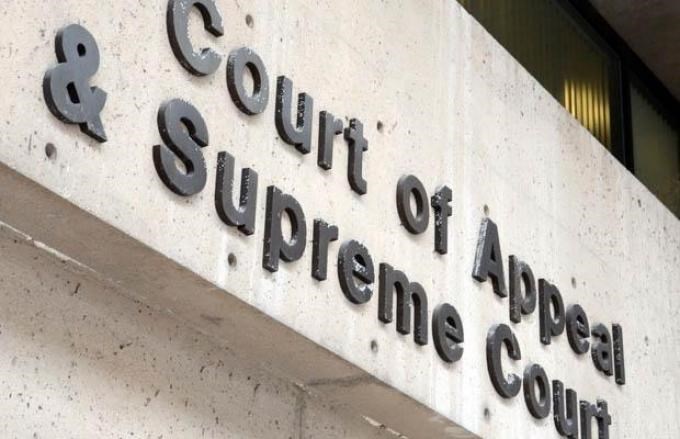A Vancouver man convicted of sexual interference and two counts of trafficking drugs in 2018 has lost his appeal.
Charles Michael Kavanagh was found guilty of four offences: sexual interference; two counts of trafficking cannabis and methamphetamine; and breach of a recognizance, B.C.'s Court of Appeal said in a June 17 decision released June 23.
The sexual offence occurred in July 2016. The trial judge found that Kavanagh performed oral sex on the complainant, who was 15 at the time and did not have the legal capacity to consent.
The court heard Kavanagh had smoked methamphetamine with the youth and then initiated sexual contact.
By age 14, Justice Joyce DeWitt-Van Oosten said in the unanimous decision the complainant was addicted to methamphetamine and was having school, family and legal problems.
Kavanagh, who was then 57 years old, befriended the complainant through Facebook despite being subject to a recognizance prohibiting him from being with children under the age of 16.
The judge said Kavanagh was aware of the complainant’s personal circumstances, including a court order that he not use drugs or alcohol.
The complainant referred to him as “uncle.”
Teen supplied with drugs
Kavanagh supplied the complainant with cannabis and methamphetamine; allowed the complainant to traffic drugs for him; had the complainant in his room in a downtown Vancouver boarding house, even though doing so was prohibited because of the complainant’s age.
Kavanagh told the complainant’s father and a foster parent that he was an outreach worker. He told others he was the complainant’s uncle.
“Both characterizations were patently false,” the judge said.
After the oral sex incident, the complainant passed out. He awoke to find a rubber band around his elbow and a hypodermic syringe in his arm. Kavanagh was sleeping fully clothed next to him on the bed.
Within a week of the sexual incident, the complainant was arrested and held in custody until a date in August 2016. It was while in custody that he disclosed the sexual activity.
The defence accepted Kavanagh was exploiting a teen with addiction problems but claimed the youth’s evidence was unreliable.
The trial judge, however, accepted the teen’s evidence, noting it had been corroborated in multiple ways.
DeWitt-Van Oosten said Kavanagh’s appeal focused on the complainant’s credibility and reliability. He claimed the trial judge relied too much on corroborative evidence.
“I disagree,” DeWitt-Van Oosten said, noting the teen had begun a downhill slide after the event.
“I am also satisfied that applying logic, common sense and human experience, it was open to the judge to conclude that the observations made of the complainant were consistent with and corroborative of having recently experienced a traumatic event,” the judge said.
She noted Kavanagh “did not seriously contest the trafficking charges or the breach of a recognizance.”



